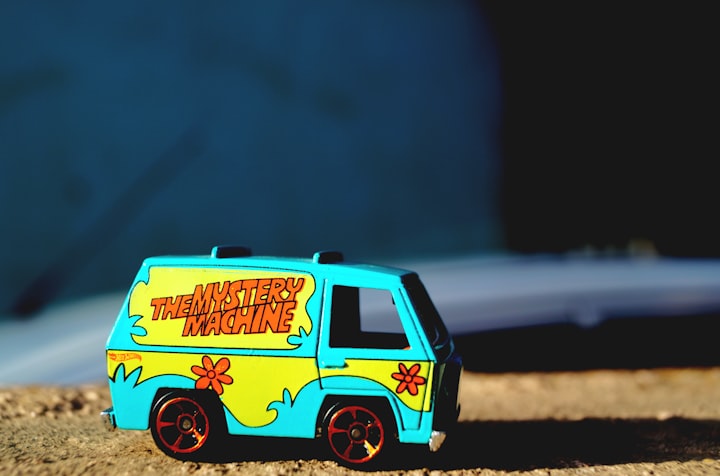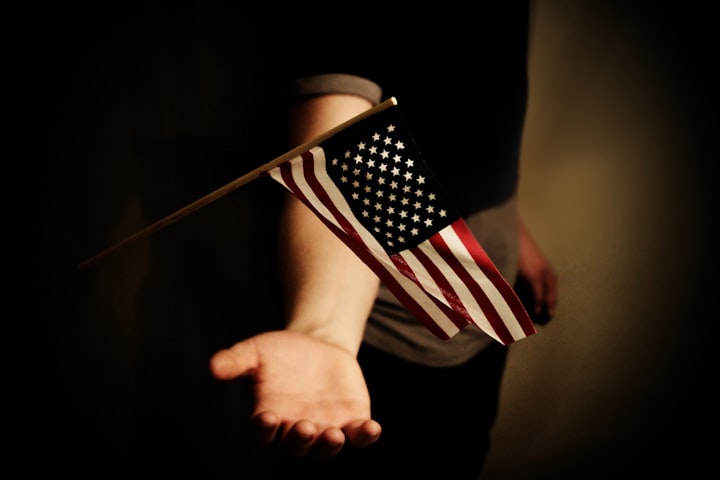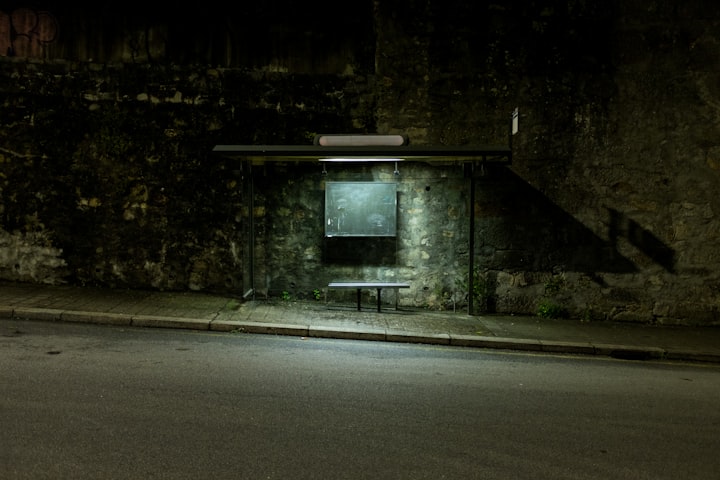Hello, Velma and Congratulations!
Scooby-Doo become the latest to join the LGBTQ+ Community
Alt-Right enthusiast, hold on to your hats, as we have become aware of yet another familiar nostalgic cartoon received a progressive face-lift. The beloved child classic Scooby-Doo now joins the ranks of other American animation to include an LGBTQ+ representative. Velma Dinkley recently expressed her amorous attraction to another female character in Trick or Treat Scooby-Doo and I am just waiting to see how the internet is going to react.
A while back Disney received backlash for its lesbian kiss in Lightyear. Many conservative fans frowned on LGBTQ representation in a child’s cartoon and threatened to boycott the film. It was so traumatic that some countries banned it from entering their borders. However, this kiss was mild and had very little screen time. Adding it into the film was only to mirror how our society has changed and the direction we will inevitably progress to. So, why is it such a bad idea to have social changes adapted in children shows? Historically speaking, as our nation moved towards a less racist society, many animators started to add black characters into their shows. Peanuts was probably one of the first to adopt a black character with Franklin. It provided some inclusivity for all the African American children who did not see where they fit in a white America, especially after the Civil Rights Movement. As time moved on, television evolved to include more black and ethnic characters for a better representation. Of course, during this time, there were people who were against allowing these important characters to invade the cartoon line up.
History repeats itself, only this time we are not focused on race, but on sexual orientation. Truth be told, not every child follows the heteronormative narrative that continues to be forced on many child. As the conversation over love remains open, more and more children are becoming self-aware of their own romantic preference and like their heterosexual peers, these children also need representation on how to express their feeling for someone they feel amorous about. Their peers are able to see it all the time in nearly every cartoon, sitcom, or movie. Yet, many parents strongly feel “a child should not be exposed to LBGTQ+ ideology.” This way of thinking may have unwanted affects on a gay or lesbian child’s development.
Most progressive parents keep an open mind when it comes to their child’s romantic preference, accepting their child regardless of which gender their child chooses. They make sure their child is supported in the decisions they make for a potential partner and remind their child they love them regardless of which direction they choose romantically. Furthermore, progressive children tend to be “happier” about their identity. Parents who stifle their child’s sexual orientation may create a “shameful” environment, which can lead to negative consequences for either the parents, the child, or both. Children who mature into adults feeling shameful about who they are may either become violent to those who are living authentically, or end their life due to how unhappy they are over their own identity (or lack of).
Personally, I am excited for Velma and this wonderful plot change to Scooby-Doo. I find it supportive when cartoons make attempts to show how the world really is for their young audience, providing representation of every ethnicity, gender, and romantic interests. I feel it inadvertently prepares the next generation for the world they will be entering as an adult. Additionally, it teaches children to be respectful and accepting of people who are different than themselves. Ultimately, it creates validation for those who need it. Similar to that one black character in an all white cartoon, having LGBTQ+ representation in children television and films includes all children. As humans, that is what we are looking for: acceptance.
The question now is: What next Warner Brothers? Shaggy always had Scooby; Fred had Daphne (sort of), will Mystery Inc have a new addition for Velma? Or will her character remain wandering from female to female sort of like Joey in the sitcom Friends? I know there are many people who are equally ecstatic about this news and want to see more from the franchise. We are rooting for you, Velma!
About the Creator
Iris Harris
An aspiring novelist. I enjoy writing ghost, horror, and drama. Occassionally, I dabble with some essays. You can find more of my work with the link below:
Reader insights
Nice work
Very well written. Keep up the good work!
Top insights
Eye opening
Niche topic & fresh perspectives
Easy to read and follow
Well-structured & engaging content
Expert insights and opinions
Arguments were carefully researched and presented
Heartfelt and relatable
The story invoked strong personal emotions
Masterful proofreading
Zero grammar & spelling mistakes
On-point and relevant
Writing reflected the title & theme








Comments (10)
Excellent article, well done
Nice insights into a Great Article ✨📝💖😉
This is epic!
This is also great
I like your poetry
This is also great
nice work
My best friend is bi, my wife was bi, I've had two bi girlfriends but I don't believe content meant for children should be discussing this stuff. A 3-10 year old is roughly who Scooby Doo is for. They shouldn't be worried about what amorous means or who wants to make out with who. Just let them have fun, they can figure out sexuality when they get older. Let them at least go through puberty first, they don't even have most of the sexual hormones in perceivable concentrations yet. Including no sexuality at all is not prejudice.
This comment has been deleted
Really good. Even in the days of no explicit LGBTQ+ representation in cartoons and comics (just the very occasional "gay allegory," e.g. New Mutants # 45) many children as you rightly say were still able to buck the heteronormative dictate through what was there. I don't know how deliberately subversive any of this 80s and 90s material was, although for example the opening sequence to The New Adventures of He-Man really does look knowingly homoerotic today, especially the final facial shot of our hero with eyes lowered just before we pull out for the group pose. (See also The Battle of Primus Part Five, with its really lovely focus on him tying back his ponytail just before he leaps into final battle!) Thundercats too slipped in several males who wore short skirts, possibly under the guise of classical toga influences to avoid censure, and to my childhood eyes at least this was life-changing. It really addressed the huge question-mark that had hung for me over The Famous Five, which was why is George an acceptable character in books like this but you never see the opposite, which would be a boy who wants to dress like a girl as I did? Turning-point cartoons whose influences are still felt in my writing and art today. Velma Dinkley, you'll be the inspiration to so many more!
I welcome this news wholeheartedly! I never hid my sexuality from my children, I feel that as a parent they have the right to know who I am. As a result, my children can accept sexuality regardless and they have confidence in their own, now they are adults.